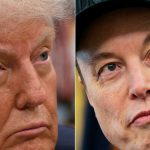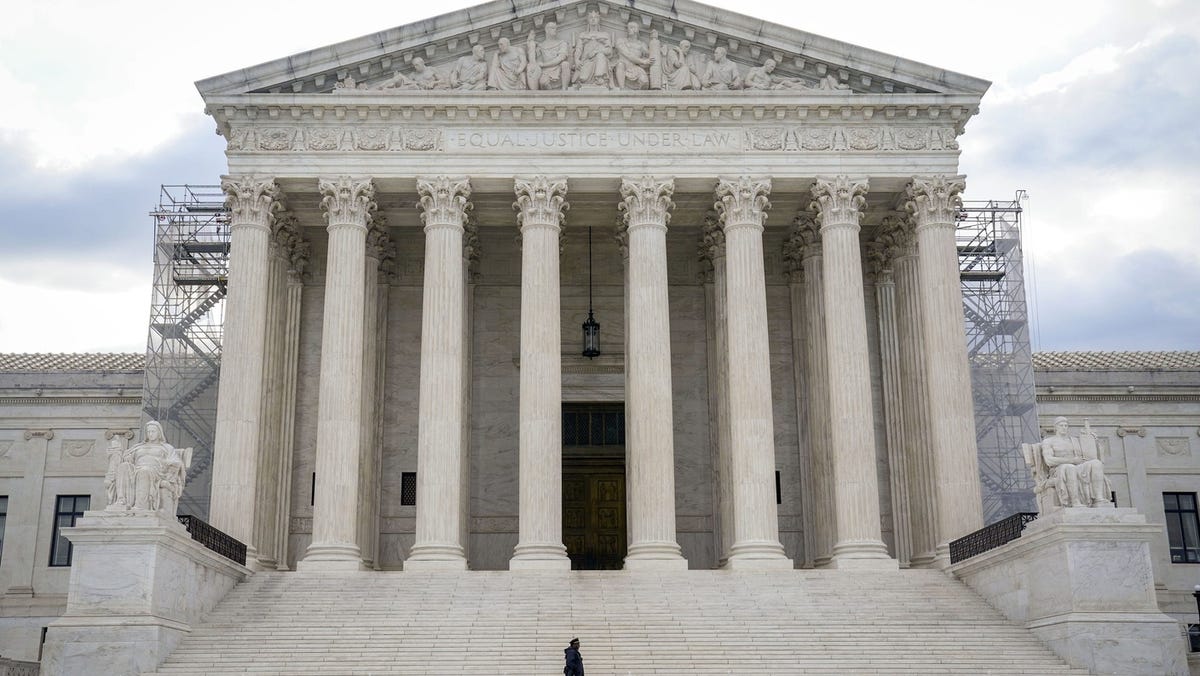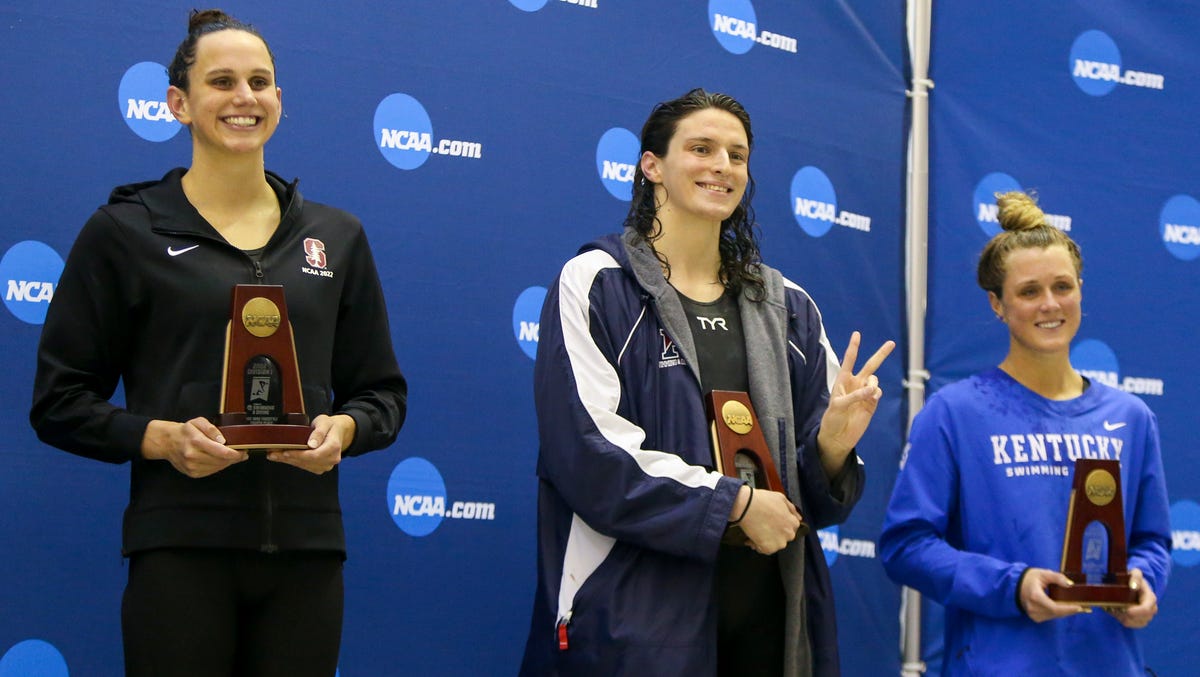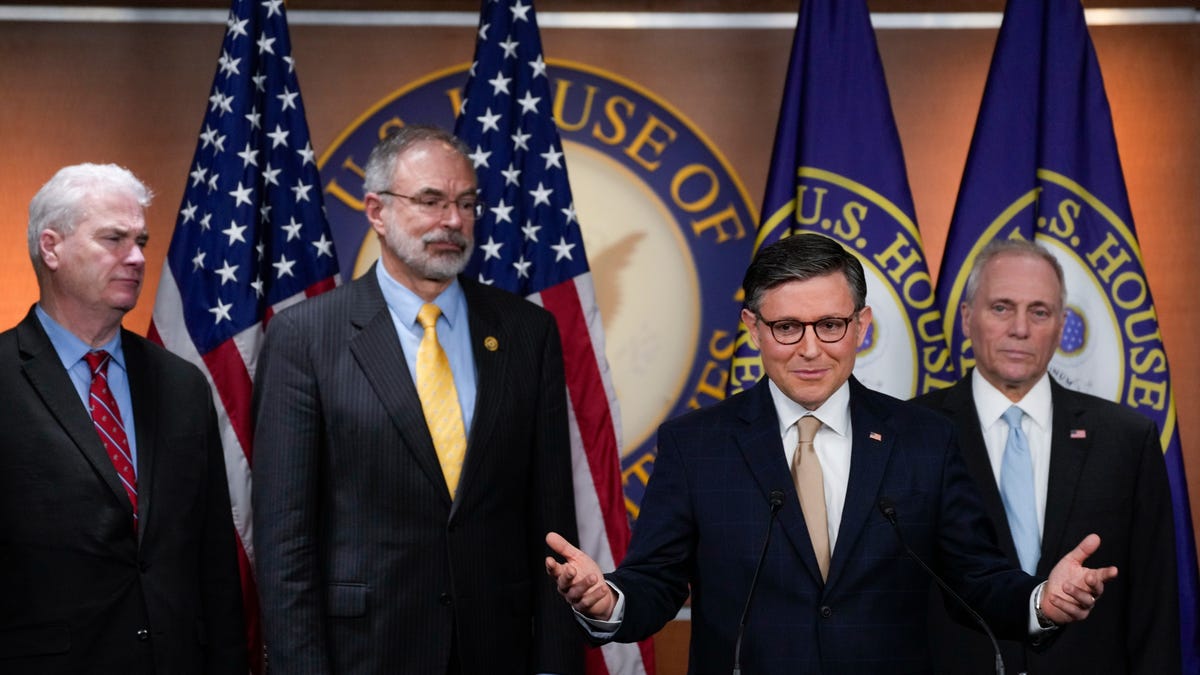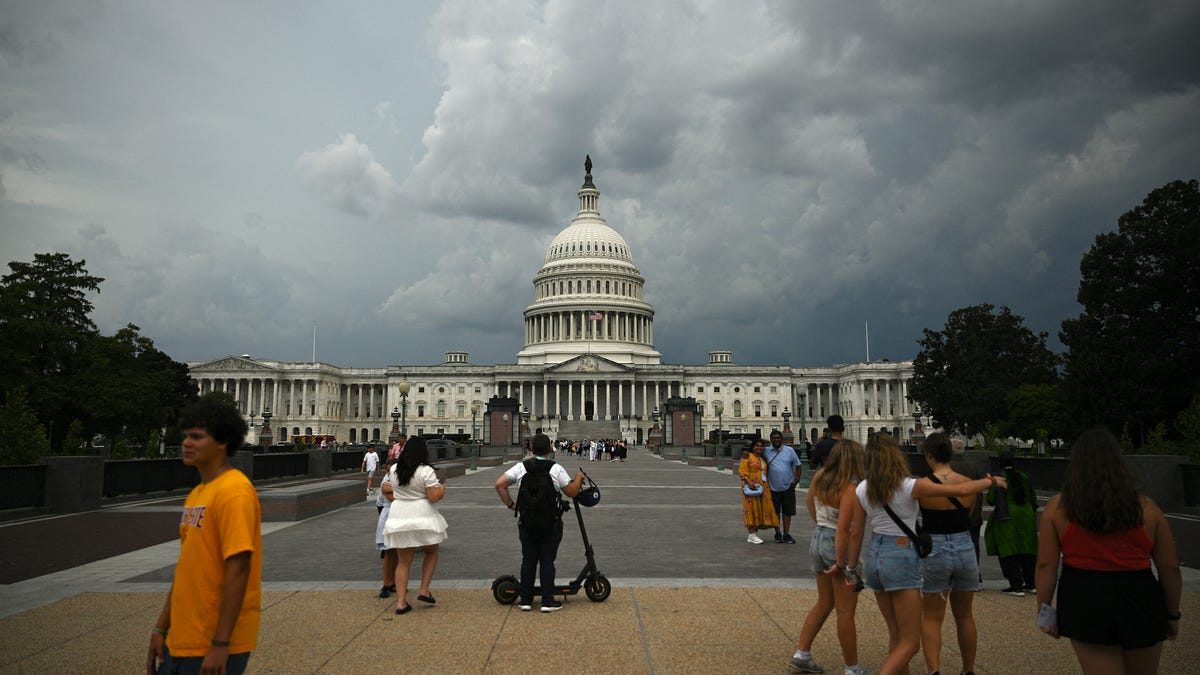Republicans say that because of the limits, big donors have turned to `super PACs’ that act as `shadow parties.’ Elon Musk contributed $238.5 million to a super PAC that helped elect President Trump.
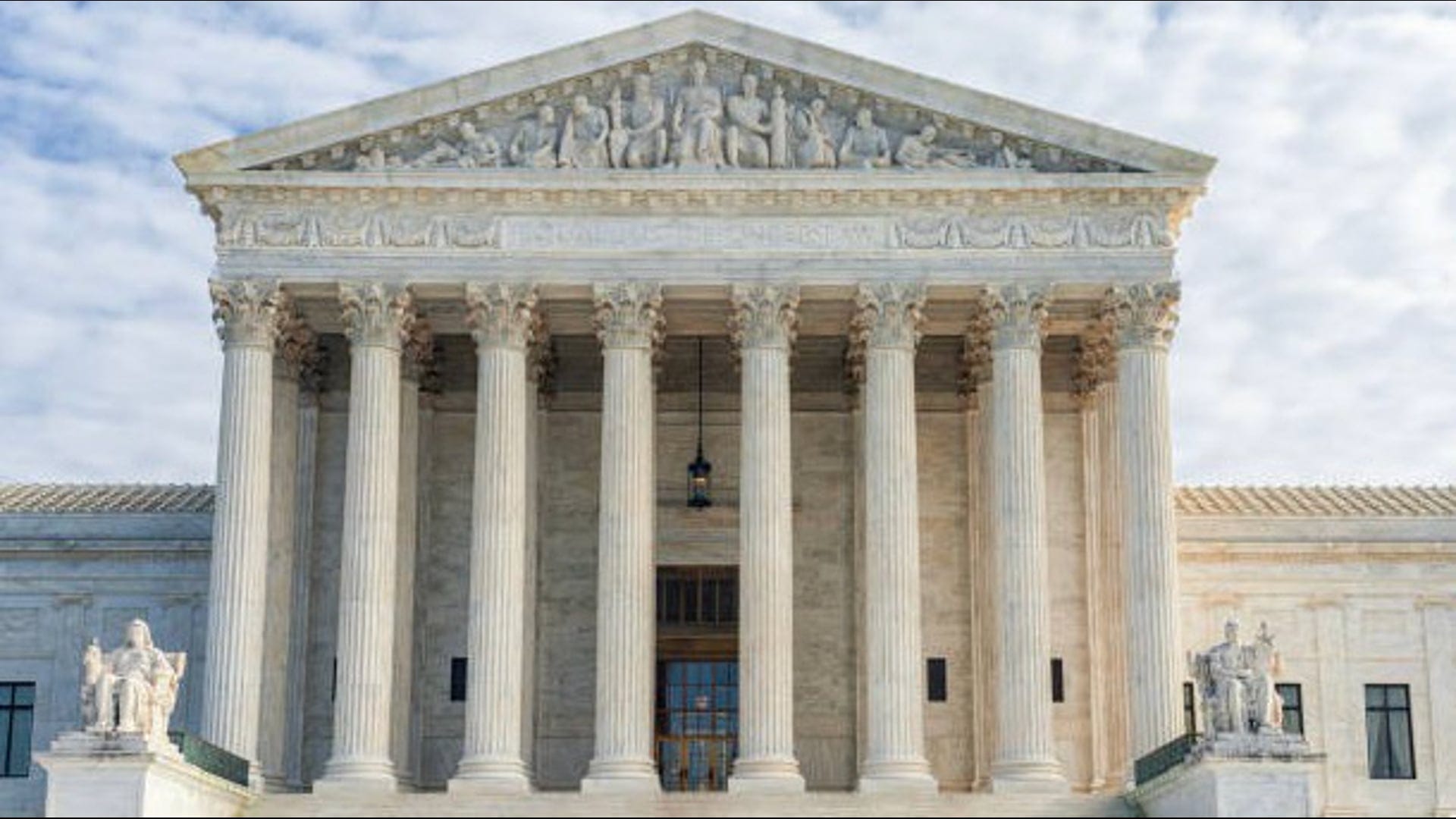
US upholds ban on hormone blockers for transgender minors
The Supreme Court upheld Tennessee’s ban on gender-affirming care for minors, marking a significant blow to transgender rights in the United States.
unbranded – Newsworthy
WASHINGTON – The Supreme Court will take up the regulation of money in politics in a case that could lead to the overturning of a 2001 decision limiting how much political parties can spend on advertising and other messaging in coordination with a federal candidate.
The court on June 30 agreed to hear a challenge from Republicans − including Vice President JD Vance − to a federal regulation the Trump administration says it can’t defend.
“The government should not restrict a party committee’s support for its own candidates,” said South Carolina Sen. Tim Scott and North Carolina Rep. Richard Hudson, the heads of the campaign arms of Senate and House Republicans.
Democrats said the First Amendment hasn’t changed since 2001, and neither has the need to prevent corruption by limiting coordinated expenditures.
“But the Republican Party has never made peace with those limits,” Marc Elias, a lawyer for the Democratic Party, told the Supreme Court.
The justices are likely to hear arguments in the fall and hand down a decision next year.
The GOP argues the law and the facts have changed since the Supreme Court last considered the issue.
As a result, they said, political parties have been weakened and leading donors have turned to “super PACs” that act as “shadow parties,” hurting the political system.
“Right now, the parties are significantly regulated in how much they can work with their candidates while wealthy individuals can spend tens of millions of dollars through super PACs,” said Richard Pildes, a constitutional law expert at New York University School of Law.
Elon Musk contributed $238.5 million to one of the super PACs that helped elect President Donald Trump.
Democrats are on the other side of the issue right now because the party thinks it’s better off if political parties are more constrained because their candidates are able to raise a lot of money on their own, partly through the internet, Pildes said.
“But over the longer run, there’s no reason to think freeing up the parties in these ways would be to the advantage of one party or the other,” he said.
The case was initiated by Vance when he was a senator, along with former Rep. Steve Chabot, the National Republican Senatorial Committee and the National Republican Congressional Committee.
The challenge is part of longstanding debate over how to balance free speech rights with preventing corruption. Restrictions on how much parties can spend in direct coordination with a candidate were first limited by Congress in 1971.
The Supreme Court previously said the restrictions are allowed to prevent donors from evading limits on how much they can contribute to candidates.
But Republicans argue other Supreme Court decisions since then have narrowed the reasons Congress can restrict campaign spending and have led to virtually unlimited spending by super PACs. In addition, Congress has amended the campaign finance laws to allow more coordinated spending in some areas, such as presidential nominating conventions.
The Cincinnati-based 6th U.S. Circuit Court of Appeals rejected the challenge, saying their hands were tied by the high court’s 2001 decision.
“Even when the Supreme Court embraces a new line of reasoning in a given area and even when that reasoning allegedly undercuts the foundation of a decision,” Chief Judge Jeffrey Sutton wrote for the appeals court, “it remains the Court’s job, not ours, to overrule it.”
Contributing: Sarah Wire.





